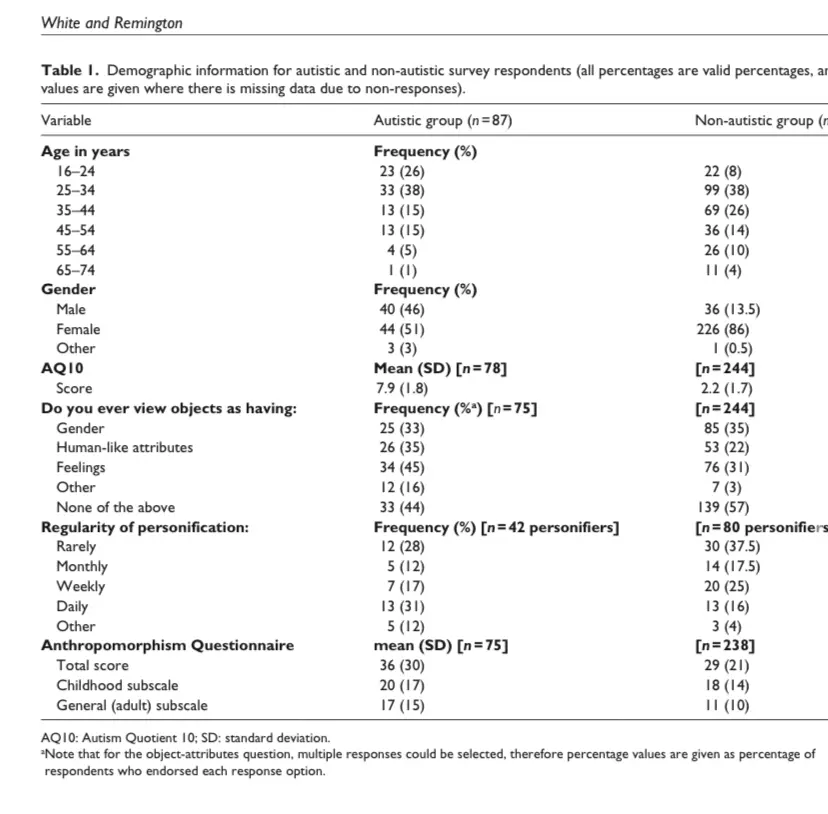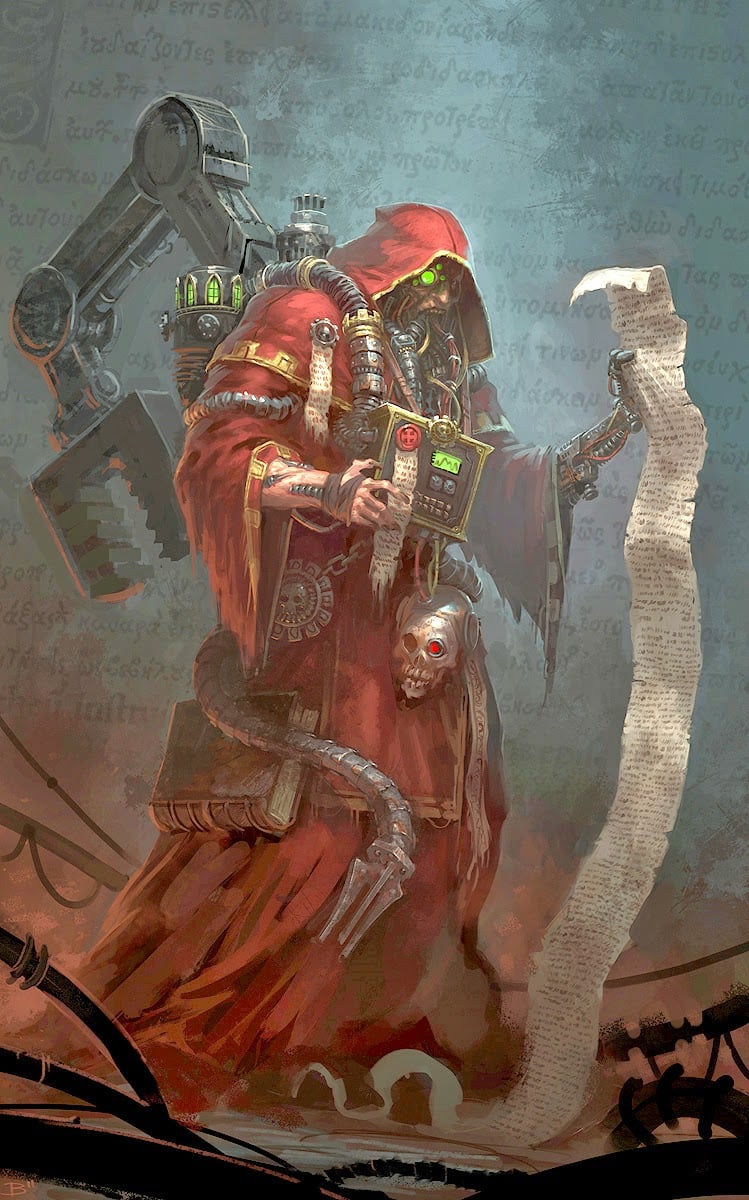Clickbait for autistic people
This comment will be very sad if you don’t interact with it
Downvoting so comment is happy
The comment has a degradation kink.
When the comment experiences more sexual attraction than you do 🙃
I’m confused, but happy.
🫂
Wait, other people don’t do that? Well, that explains a lot… Since I was a kid, I never understood how people treated their stuff so badly and throw stuff away without a second thought. I take care of my stuff for as long as I can, and almost never throw anything away. They’re like companions who walk with me in my life, and I’m never giving up on an old friend.
I apologize to my things when I accidentally bang them against something.
Sometimes objects im using have like, a personality and desire? Like they won’t want to get thrown out or there’s some kind of relationship between two forks.
Its kind of subconscious - I’m only somewhat aware of it. Its weird.
Also when in recalling things Ive learned recently I’ll sometimes recall a place I’ve been to as well. This happens most frequently with code for some reason. Programs I’ve written or functions will be strongly tied to places in some way? I don’t get it.
Thats probably just an accidental association/linking by your brain. When we learn new things our brain creates neural pathways and these become ‘memory’. If there is something that you learn and at the same time it happened to be when you moved to a new house, were on holiday at a different place or perhaps when you met a new person, your brain may go 'you learned this new thing and that place/person/smell/emotion was also there so i will ‘save this’ together as part of the same memory.
Its like playing a game from your childhood reminding you of the music you were listening to at the time you played it, or a skill you learned reminding you of that awesome dinner you grandma cooked because she was staying with your family at the time.Also when there is strong emotion involved with a memory (excitement, sadness, anger, the first time you kissed someone, etc) then you brain says ‘this is very important’ and you remember a lot more detail, like the smell of someones perfume and the red car that was parked on the street.
Other people also do that
True. Only the frequency of occurrence that is different.
I hope i don’t make the paper sad by saying this but the numbers are kinda off. (Or i misunderstand)
The only real difference is for below age 24. Then its pretty much the same if not less prevalent for autists.
They point to some other factors about the types of questions that indicate that the differences are underestimated but evidently that didn’t translate in hard numbers.

I think you are misreading this. The age sections at the top are just a demographic breakdown of the two groups. Note rhat all the different percentages for age sum to 100. The results are just the bottom section of your screenshot (“anthromorphic questionnaire”). Does seem to be statistically significant.
The only real difference is for below age 24. Then its pretty much the same if not less prevalent for autists.
By 24 we learn that people find it weird and stop doing it
Mother fucker…
I personified numbers all the time, 8 and 9 were based off of Smithers and Burns, 4 and 7 were female 4 was more the girl next door, and 7 was more the “Good bad girl”
I genuinely got separation anxiety after taking my last CRT to the tip.
Can someone explain like I’m 5?
A lot of people with autism feel bad when you hurt an objects feelings, which contradicts the traditional “autism is when no empathy” narrative.
Thank you for explaining, I understand now. :)
“This paper will be very sad if you don’t read it.”
Implying that if you read the paper to avoid making it sad you are autistic.
So it’s just one more bad autism joke

Another day, another autism I have…
Let me sum up the concept for you. People who are on the spectrum see the entire world around them as alive. Many often feel a connection to much of their environment. Now as to how the paper see’s that ether a positive or a negative I couldn’t say because I certainly don’t care.
That generalization is not necessarily true, from personal experience, I for sure don’t think of everything as “alive”.
You can feel about it however you want but I see it the way I see it. My son who also has the tisms see’s it much the same way I do. We are all different and I know people who don’t have that connection at all who are also autistic. If you don’t have that feeling you wont get it.
I think I used to have that feeling when I was a child, but not anymore lol.
I don’t have it as much as I used to but I can be in a place and feel a deep connection to things. Objects I’ve had for a long time that get broken will cause me grief. More so for people and pets but there is always that feeling with things in my environment. I would say it all in my head buy several times in my life wild animals have just came up to me like I was familiar to them. Crows especially will interact with me from time to time. Rarely do I encounter a dog or cat that doesn’t immediately like me.
OK, I’ve been cured of autism







